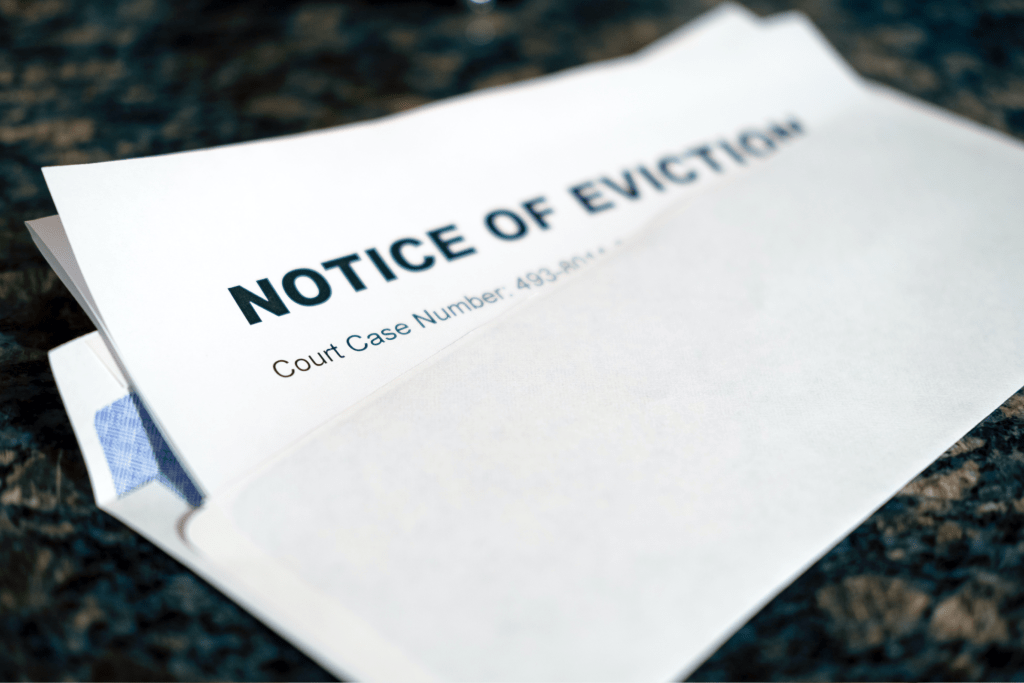While tenant screening is a vital process for property owners and managers, traditional screening practices may inadvertently perpetuate discrimination. Understanding and mitigating these risks are crucial for landlords to ensure a fair and equitable housing environment that complies with fair housing laws.
One of the potential sources of discrimination lies in the criteria used for screening. For instance, setting overly stringent financial requirements may disproportionately impact certain demographic groups, potentially leading to unintentional discrimination. It’s essential for landlords to regularly review and adjust their screening criteria to ensure they are fair and comply with fair housing regulations.
Additionally, unconscious biases can play a role in decision-making during the screening process. Human judgment, when not guided by awareness and training, can lead to discriminatory practices. To address this, landlords should prioritize diversity and inclusion training for staff involved in the screening process, fostering a culture of fairness and equality.
Another risk comes from relying on subjective factors in the screening process. Personal judgments based on factors such as appearance or demeanor can introduce bias. Landlords should focus on objective, quantifiable criteria that directly relate to an applicant’s ability to fulfill rental obligations.
To mitigate discrimination risks, landlords can also implement transparent and standardized screening procedures. Clearly communicating the criteria and the reasons behind certain decisions helps build trust with applicants and reduces the perception of discrimination. Moreover, keeping detailed records of the screening process can serve as evidence of fair and consistent practices.
In conclusion, discrimination risks in traditional screening practices highlight the importance of continuous evaluation and adaptation. Landlords who actively address and mitigate these risks contribute to a more inclusive and equitable housing market, fostering positive relationships with tenants and staying in compliance with fair housing laws.





